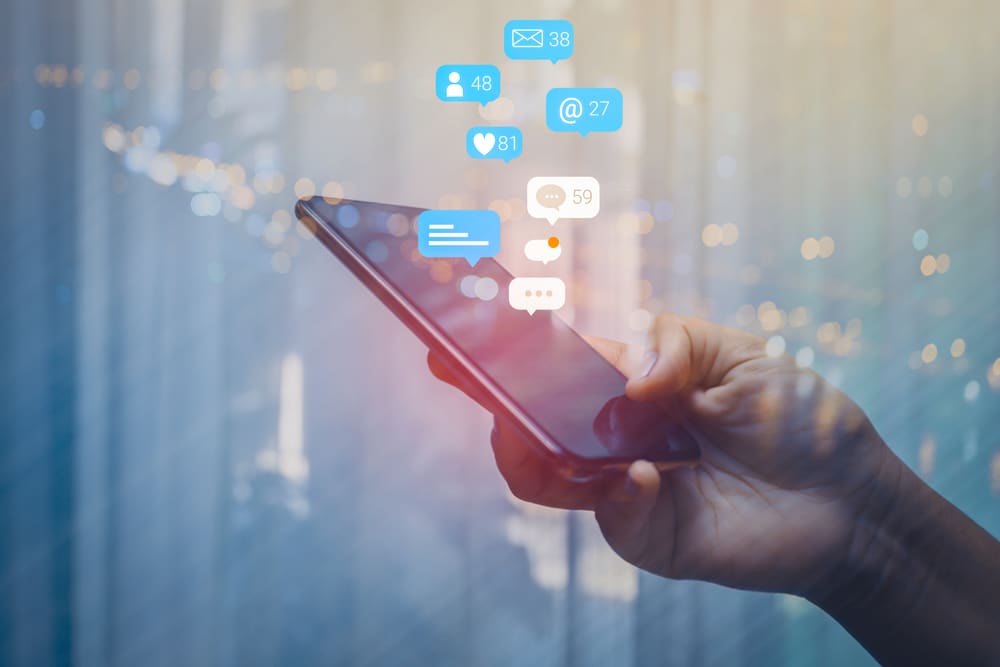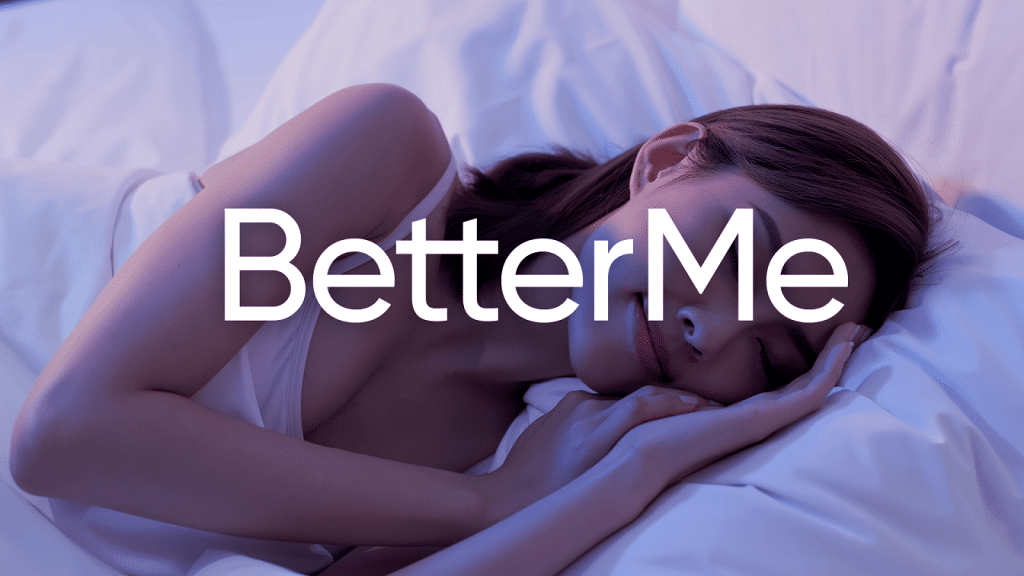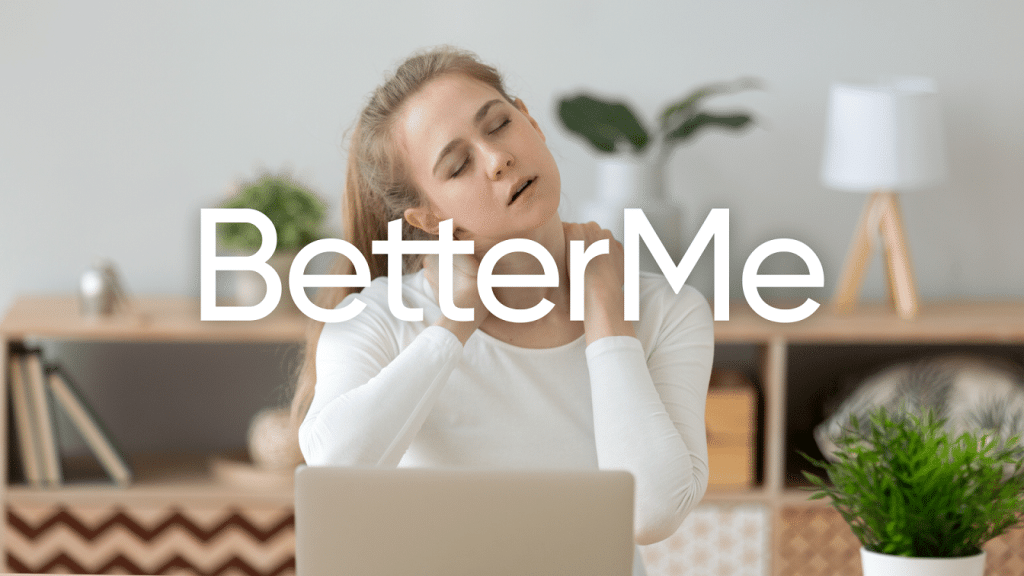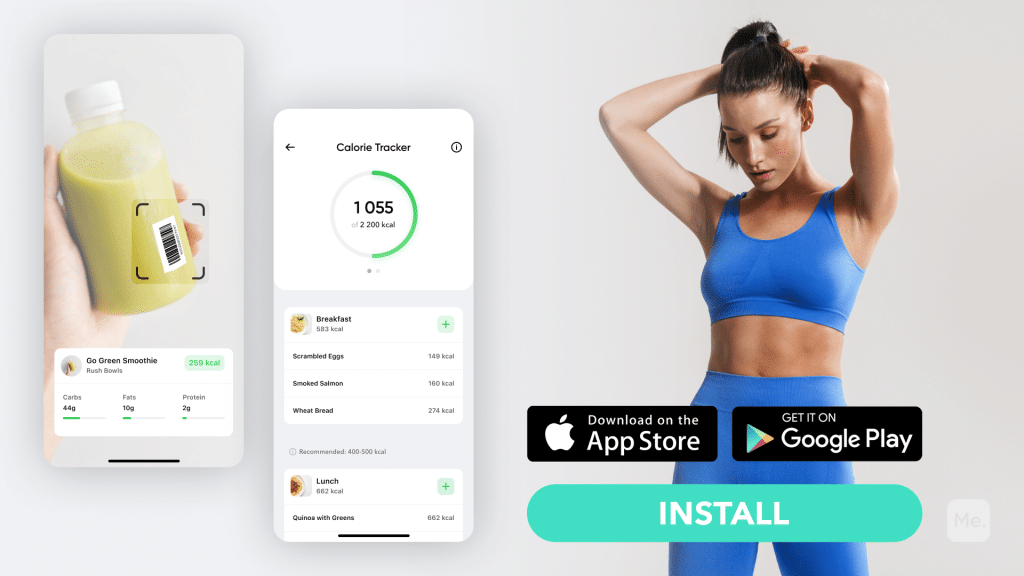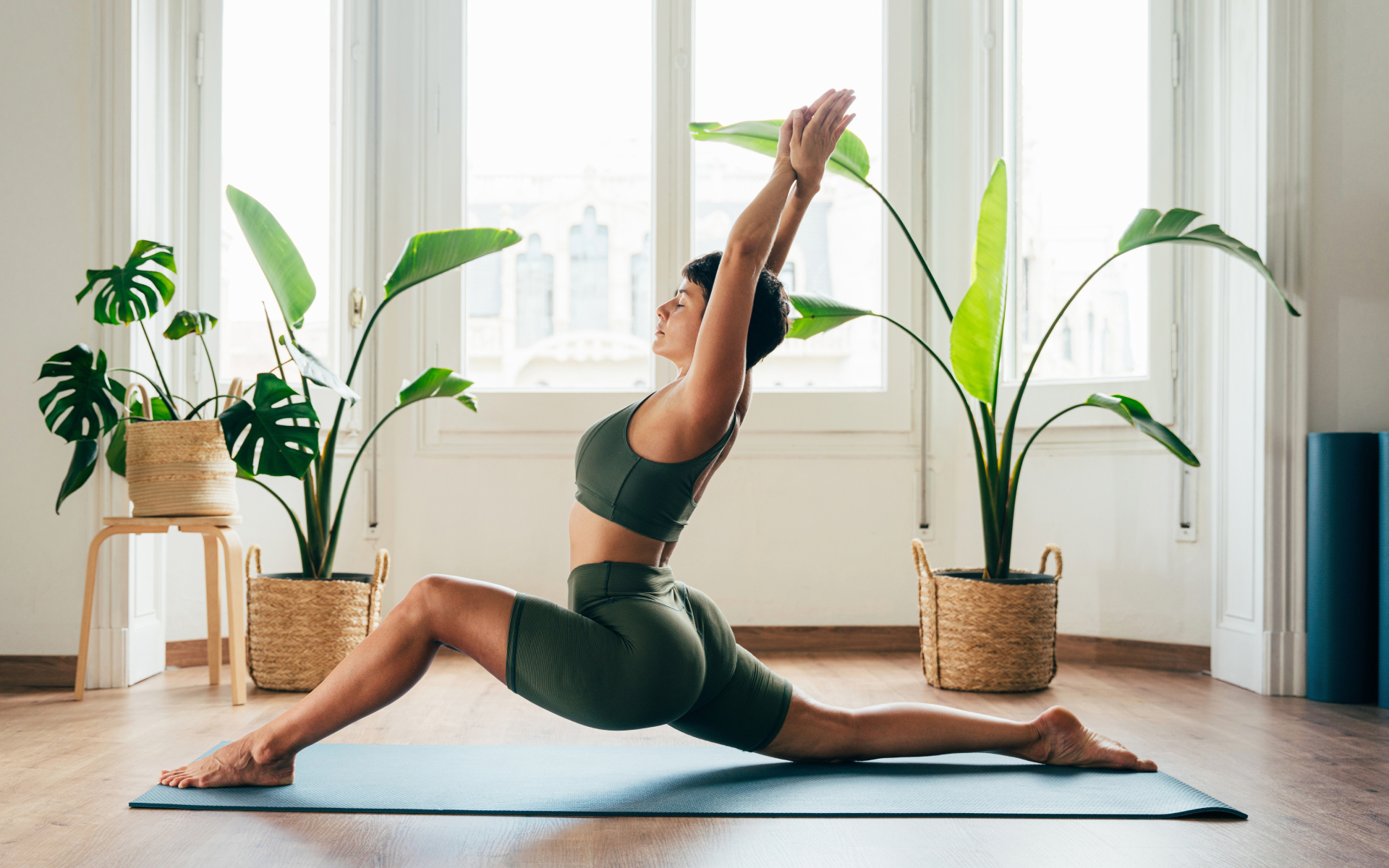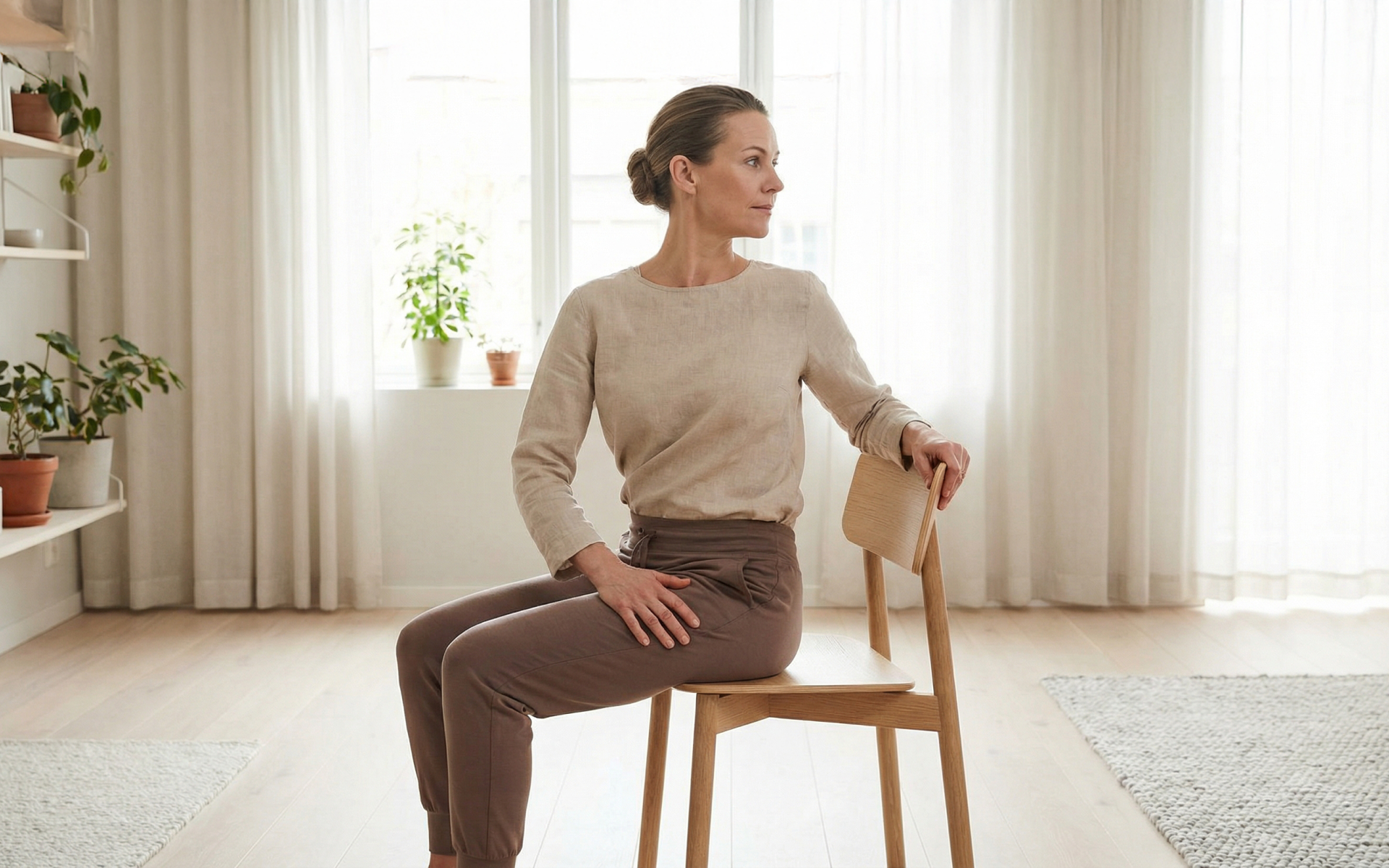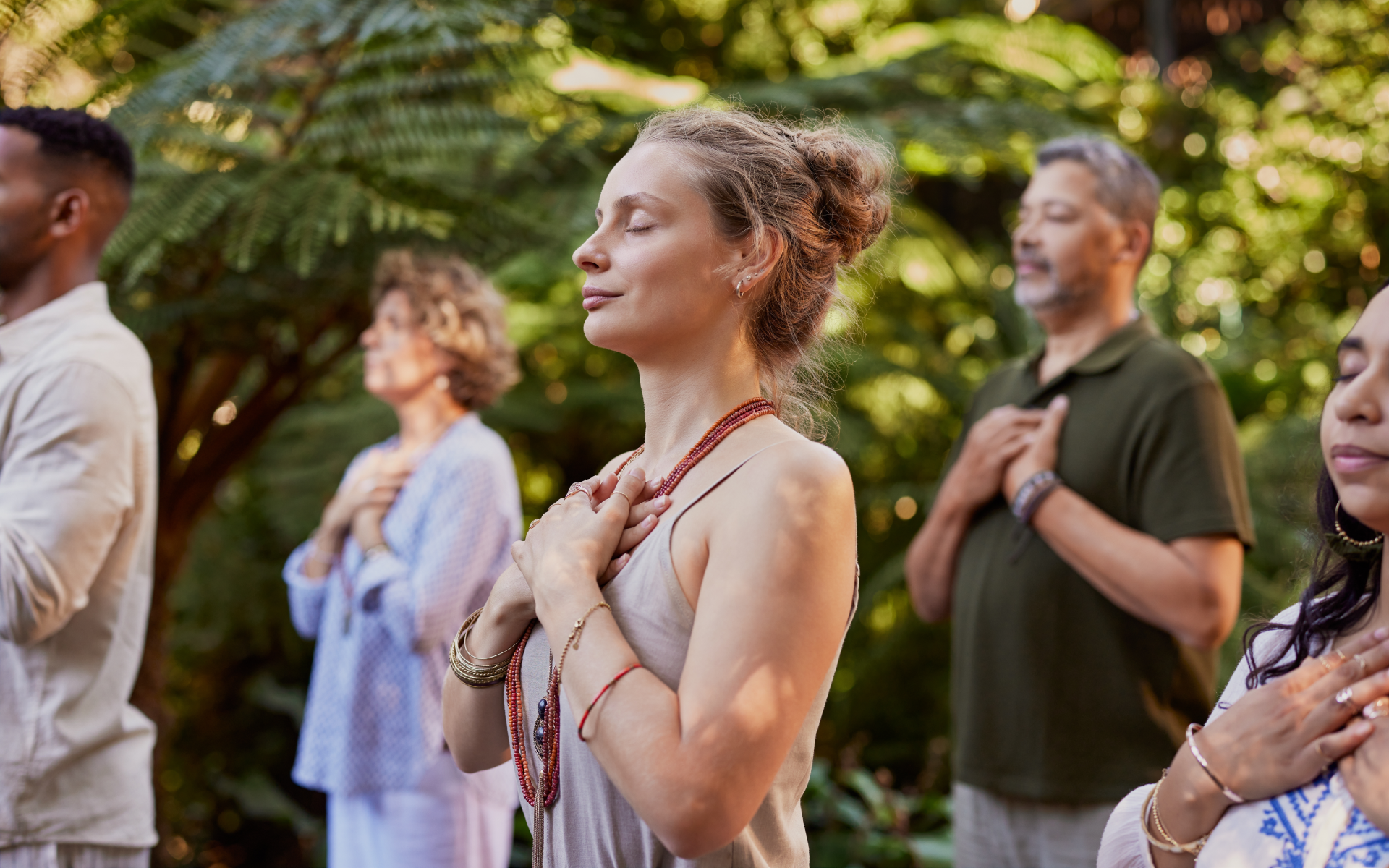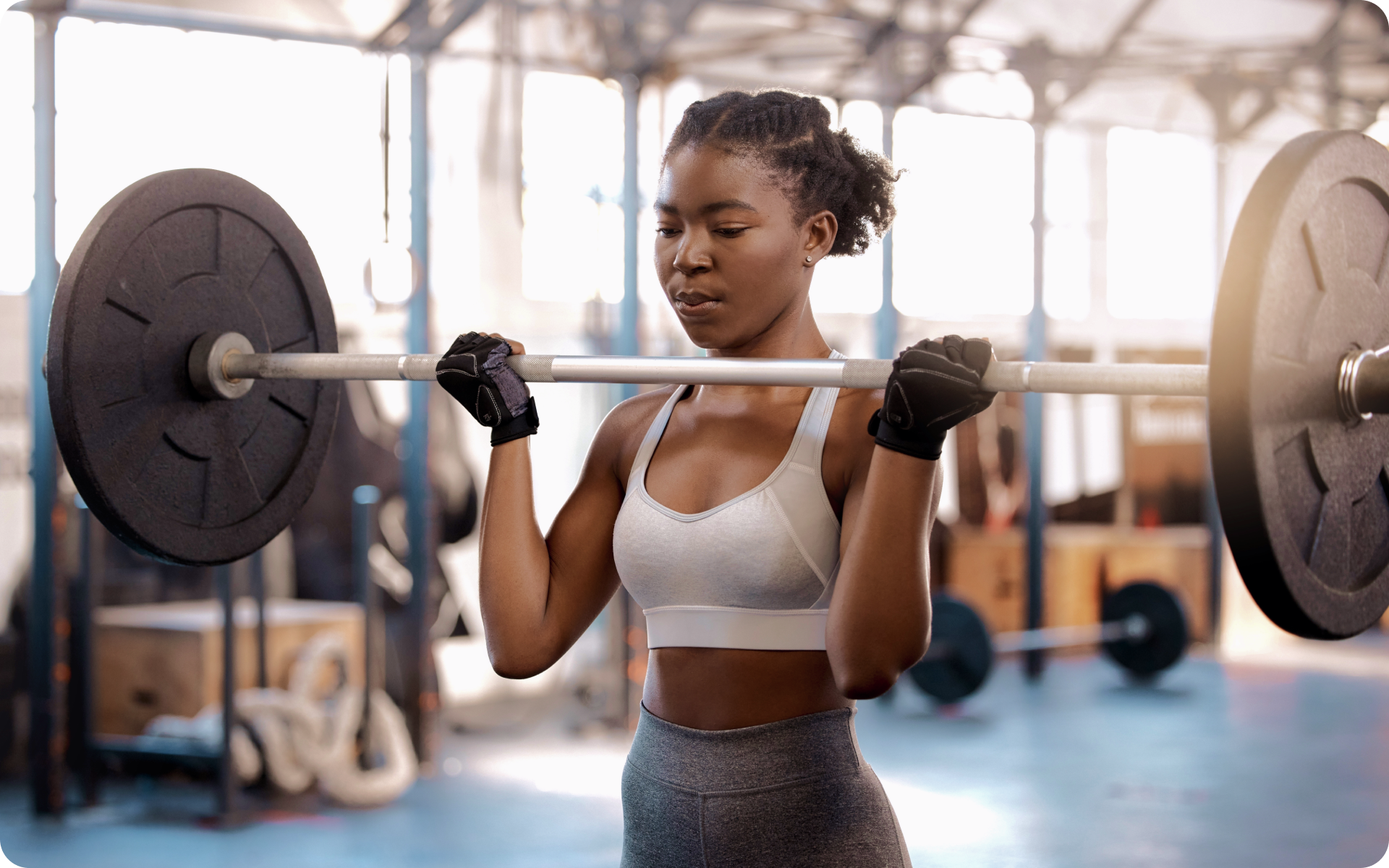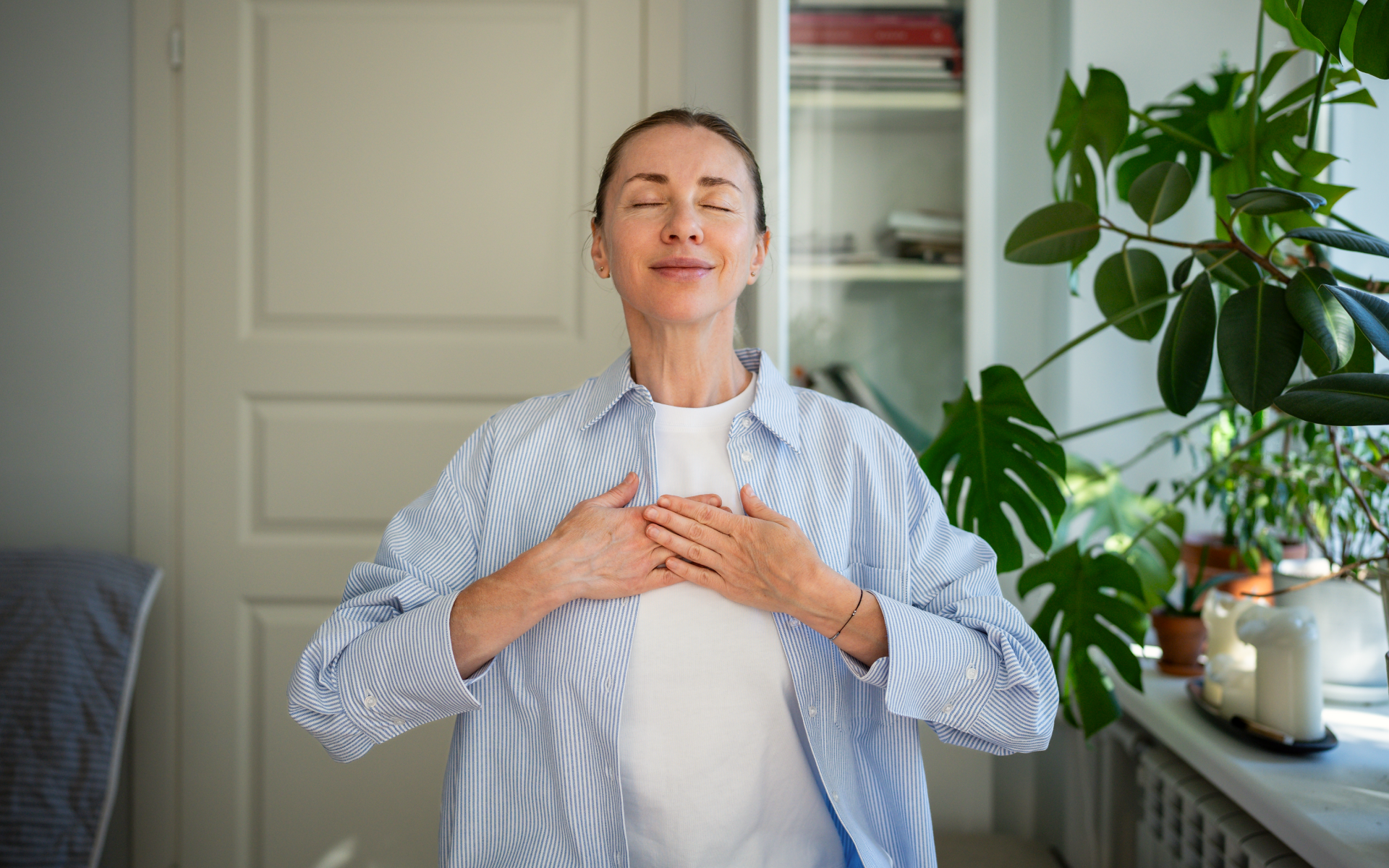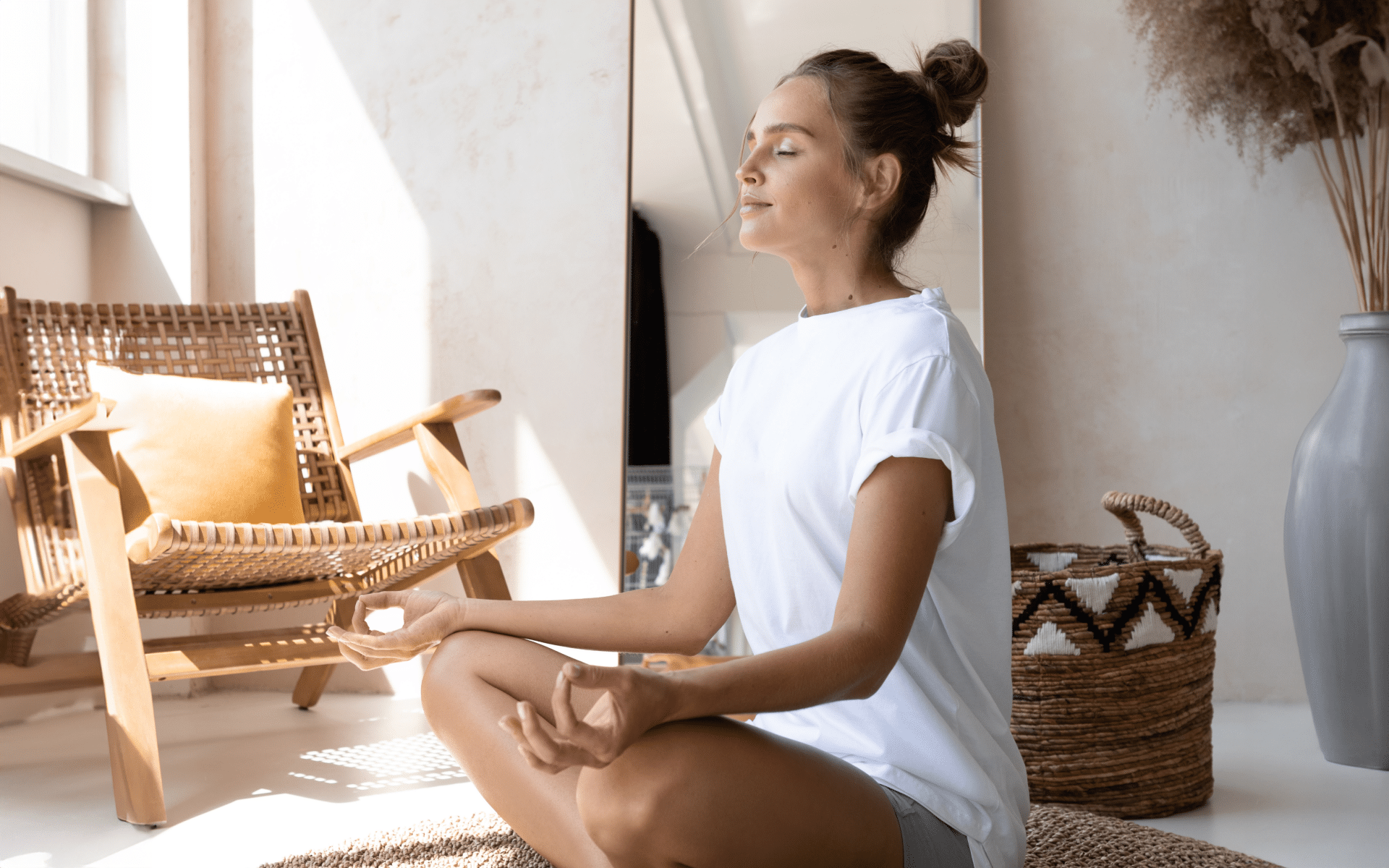Instagram, Facebook, Twitter, Snapchat, YouTube… With so many social media platforms out there, it’s no wonder that people are spending more time than ever before, scrolling through their feeds. And while social media can be a great way to stay connected with friends and family, new research suggests that there may be a downside to all that screen time. Social media use has been linked to biological and psychological changes that can impact physical health. For example, one study found that people who spend more time on social media are more likely to report symptoms of depression and anxiety (11). Another study found that people who use social media for more than two hours a day are more likely to have poorer sleep quality and are more likely to be obese (8). So what’s the relationship between social media and physical health? Let’s review the research.
How Is Social Media Affecting Physical Health?
The nature of social media can have a negative impact on physical health.
Social media platforms are designed to be addictive, and many people find themselves spending hours upon hours scrolling through their feeds. This can lead to increased screen time, which in turn can lead to several problems.
Eyestrain
Handheld tablets, phones, and laptops emit blue light, which can cause digital eye strain. This is a condition that results in dry eyes, headaches, neck pain, and blurry vision (3).
Several technological factors may lead to eyestrain, such as:
- Screen time – The more time you spend looking at a screen, the greater your risk of developing digital eye strain.
- Glare – If the light from your screen is too bright, it can cause glare and make it difficult to see.
- Viewing too close or too far away – If you hold your device too close to your eyes or too far away, it can cause eye strain.
- Poor posture – If you sit or stand in an awkward position while using your device, it can lead to neck and back pain.
- Underlying health conditions – If you have an underlying health condition, such as dry eye or allergies, you may be more susceptible to digital eye strain.
There are a few ways to reduce the risk of digital eye strain, such as:
- Reducing screen time – Limit your screen time to no more than two hours per day.
- Taking breaks – Every 20 minutes, take a 20-second break to look at something 20 feet away.
- Adjusting the settings – Make sure the brightness on your device is set to a comfortable level.
Read More: Do You Burn Calories When You Sleep: If You Snooze You Lose…Weight!
Insomnia And Other Sleep Disturbances
Social media use has also been linked to insomnia. One study found that people who use social media late at night are more likely to experience sleep disturbances (15).
Another study found that people who spend more time on social media are more likely to have poorer sleep quality (18).
There are a few reasons why social media use may interfere with sleep, such as:
- Stimulation – The bright lights and stimulating content on social media can make it difficult to fall asleep.
- Anxiety – For some people, scrolling through social media can cause anxiety and intrusive thoughts that make it difficult to fall asleep.
- FOMO – Fear of missing out (FOMO) is a real phenomenon that can occur when you see others doing things that you’re not doing (6). For example, you may scroll through Instagram and see your friends at a party while you’re home alone. This can cause feelings of loneliness and isolation that make it difficult to sleep.
Weight Gain
A sedentary lifestyle is one of the leading risk factors for obesity. And social media use is a major contributor to sedentary lifestyles. One study found that people who spend more time on social media are more likely to be obese (17).
There are a few reasons why social media use may lead to weight gain, such as:
- Decreased physical activity – Social media use can lead to decreased physical activity levels (4). This is because people who are engaged in social media are often sitting down and not moving around.
- Unhealthy eating habits – Social media can also lead to unhealthy eating habits. For example, if you see someone post a picture of a delicious-looking meal, you may be more likely to crave that same meal.
There are a few ways to combat the effects of social media on weight gain, but the most effective is to limit screen time and get regular exercise.
Poor Posture
Spending too much time hunched over a screen can lead to poor posture (1). This is because the body is not meant to be in that position for long periods. Poor posture can lead to several problems, such as (7):
- Neck pain – When you’re looking down at your phone, your neck is in an unnatural position. This can lead to neck pain and stiffness.
- Headaches – Poor posture can also lead to headaches. This is because the muscles in your head and neck are strained when you’re not holding your head up properly.
- Back pain – Slouching can also cause back pain. This is because the spine is not in its natural position when you’re hunched over.
There are a few ways to improve your posture, such as:
- Standing up straight – When you’re standing, make sure your shoulders are back and your stomach is pulled in.
- Sitting up straight – When you’re sitting, make sure your back is against the chair and your feet are flat on the floor.
- Exercising – Exercise can help to strengthen the muscles that support your posture.
Looking for a way to break the vicious cycle of weight loss and tone up all the jiggly parts? Watch the extra pounds fly off and your muscles firm up with the BetterMe app!
How Is Social Media Affecting Psychological Health?
Multiple studies have been conducted on the relationship between social media and psychological health. The results of these studies have been mixed (12).
Some studies have found that social media use is linked to mental health problems, such as anxiety and depression (13). However, other studies have found that social media use is not linked to mental health problems (10).
It’s important to remember that correlation does not equal causation. This means that just because two things are correlated, it doesn’t mean that one thing caused the other.
For example, social media use could be correlated with mental health problems, but it could also be that people who are struggling with mental health problems are more likely to use social media.
There are a few theories about why social media might be linked to mental health problems, such as:
Cyberbullying
Cyberbullying is a major problem on social media. People who are bullied online are at an increased risk for mental health problems, such as anxiety and depression (2).
Comparison
Social media can also lead to comparison. When you see other people’s highlight reels, you may compare your life to theirs and feel like you’re not good enough. This can lead to feelings of inadequacy and low self-esteem (9) (16).
Isolation
Social media use can also lead to isolation. If you’re spending more time on social media, you’re likely spending less time interacting with people in person. This can lead to feelings of loneliness and depression (14).
Depression And Anxiety
The physical effects of social media use could likely trigger or worsen mental health problems that already exist. For example, if you have anxiety, the physical effects of social media use (e.g., poor sleep, neck pain, etc.) could trigger or worsen your anxiety.
Read More: Meditation For Insomnia: Best Techniques To Ensure A Good Night’s Sleep
Improving Your Social Media Habits
If you’re concerned about the effects of social media on your health, there are a few things you can do to improve your social media habits, such as:
Limiting Your Screen Time
One of the best things you can do is to limit your screen time. This means setting a time limit for yourself and sticking to it. For example, you may decide to only spend 30 minutes on social media per day.
Being Mindful Of Your Content
When you’re scrolling through social media, be mindful of the content you’re consuming. If you find that something is making you feel anxious or depressed, stop looking at it.
If you tend to let yourself off the hook, raise the white flag when things get tougher than you expected, send yourself on an unconscious binge-eating trip – BetterMe app is here to help you leave all of these sabotaging habits in the past!
Taking Breaks
Make sure to take breaks from social media throughout the day. This will give your mind a chance to rest and reset.
Exercising
Exercise is a great way to combat the effects of social media. This is because it releases endorphins, which have mood-boosting properties (5). So, if you’re feeling down after scrolling through social media, go for a walk or run to improve your mood.
The Bottom Line
Social media can have a negative impact on your health if you’re not careful. But, by being mindful of your screen time and the content you’re consuming, you can mitigate some of the risks. Additionally, regular exercise is a great way to combat the negative effects of social media.
Get your personalized
meal plan!
DISCLAIMER:
This article is intended for general informational purposes only and does not serve to address individual circumstances. It is not a substitute for professional advice or help and should not be relied on for making any kind of decision-making. Any action taken as a direct or indirect result of the information in this article is entirely at your own risk and is your sole responsibility.
BetterMe, its content staff, and its medical advisors accept no responsibility for inaccuracies, errors, misstatements, inconsistencies, or omissions and specifically disclaim any liability, loss or risk, personal, professional or otherwise, which may be incurred as a consequence, directly or indirectly, of the use and/or application of any content.
You should always seek the advice of your physician or other qualified health provider with any questions you may have regarding a medical condition or your specific situation. Never disregard professional medical advice or delay seeking it because of BetterMe content. If you suspect or think you may have a medical emergency, call your doctor.
SOURCES:
- Computer Use and Habitual Spinal Posture in Australian Adolescents (2017, ncbi.nlm.nih.gov)
- Cyberbullying and Mental Health in Adults: The Moderating Role of Social Media Use and Gender (2021, frontiersin.org)
- Digital eye strain: prevalence, measurement and amelioration (2018, ncbi.nlm.nih.gov)
- Effect of social media use on learning, social interactions, and sleep duration among university students (2021, sciencedirect.com)
- Effects of Exercise and Physical Activity on Anxiety (2013, frontiersin.org)
- Fear of missing out: A brief overview of origin, theoretical underpinnings and relationship with mental health (2021, ncbi.nlm.nih.gov)
- Postural awareness and its relation to pain: validation of an innovative instrument measuring awareness of body posture in patients with chronic pain (2018, ncbi.nlm.nih.gov)
- Screen Media Exposure and Obesity in Children and Adolescents (2017, publications.aap.org)
- Social comparison, social media, and self-esteem. (2014, apa.org)
- Social Media and Mental Health: Benefits, Risks, and Opportunities for Research and Practice 2020, link.springer.com)
- Social Media Use and Depression and Anxiety Symptoms: A Cluster Analysis (2019, ncbi.nlm.nih.gov)
- Social Media Use and Its Connection to Mental Health: A Systematic Review (2020, ncbi.nlm.nih.gov)
- Social Media Use and Mental Health: A Global Analysis (2021, mdpi.com)
- Social media use disorder and loneliness: any association between the two? Results of a cross-sectional study among Lebanese adults (2020, biomedcentral.com)
- The Association between Social Media Use and Sleep Disturbance among Young Adults (2016, ncbi.nlm.nih.gov)
- The Effects of Instagram Use, Social Comparison, and Self-Esteem on Social Anxiety: A Survey Study in Singapore (2020, journals.sagepub.com)
- The role of social networks in the development of overweight and obesity among adults: a scoping review (2015, biomedcentral.com)
- Understanding Links Between Social Media Use, Sleep and Mental Health: Recent Progress and Current Challenges (2019, link.springer.com)
